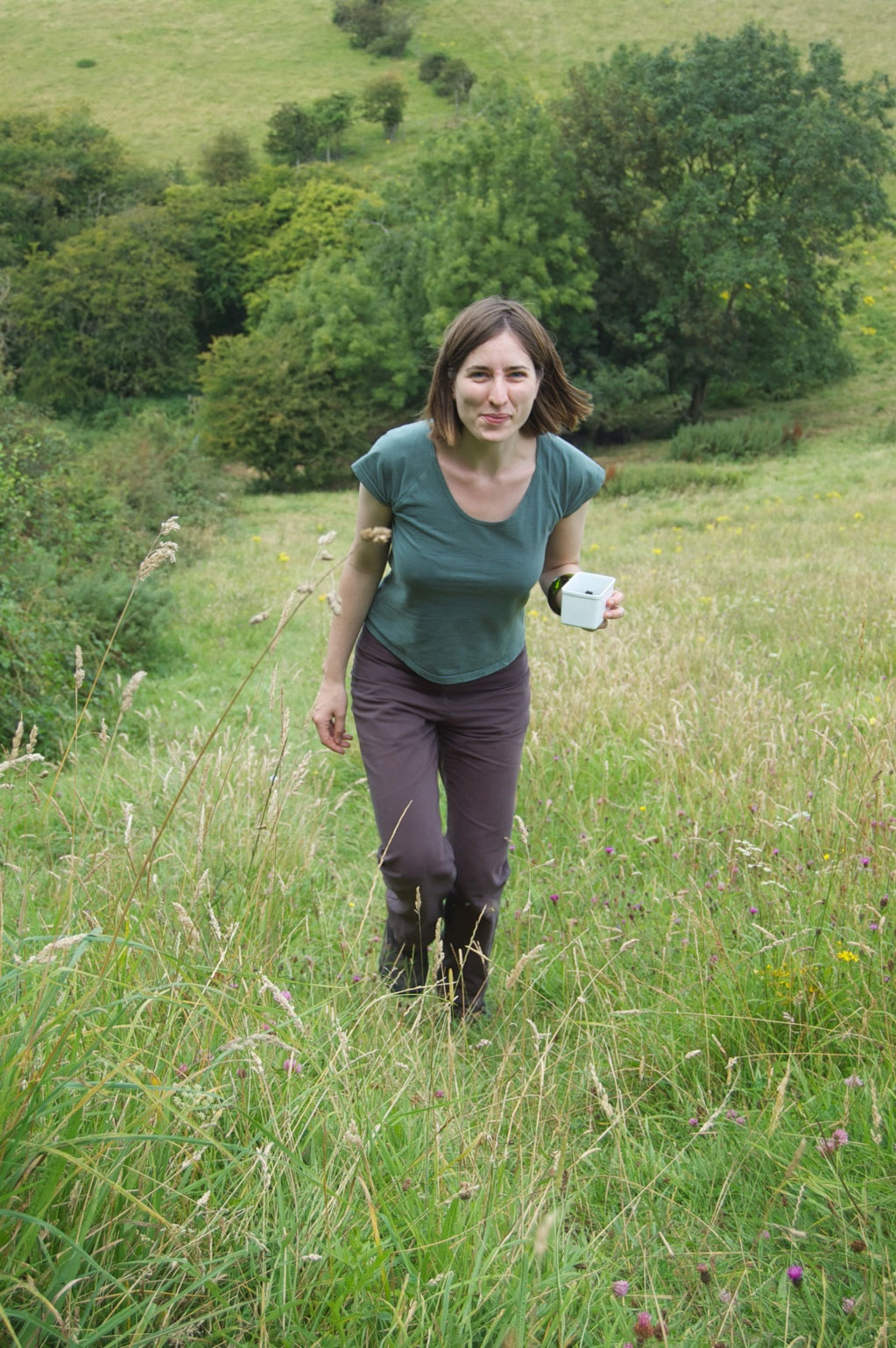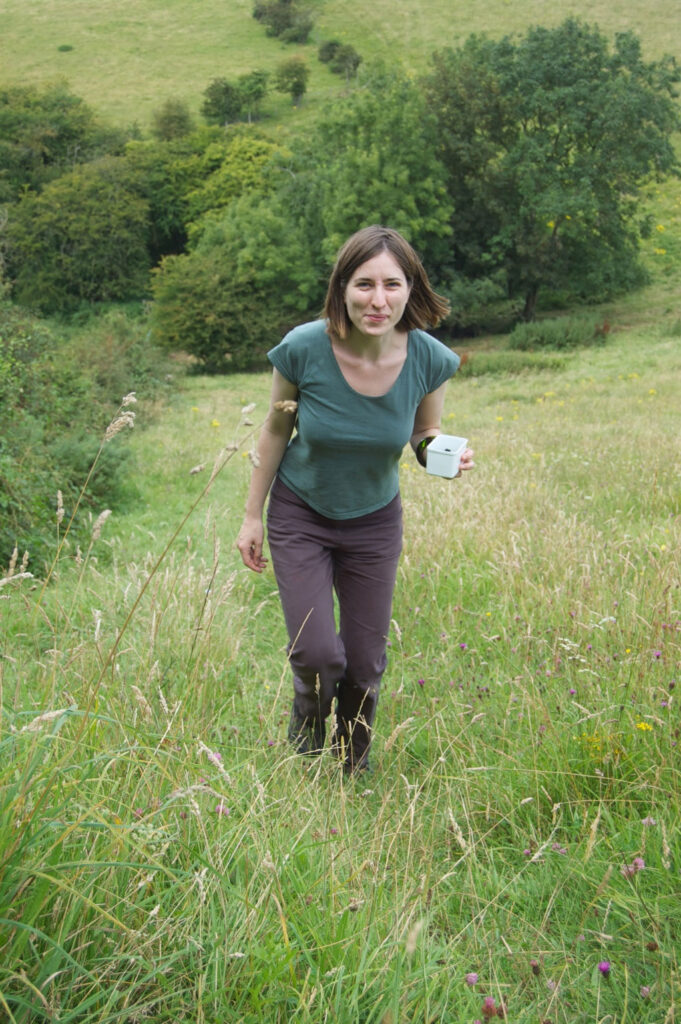Our much-loved friend and colleague Professor Catherine Will passed away on Monday 12 August 2024 after a long battle with cancer.

Catherine was born on 24 March 1977 and grew up in Leeds. She attended Leeds Girls High school, studying Greek, Latin and History at A level. She was also a keen choral singer. Before university, Catherine took a gap year, teaching English to visually impaired people in Hungary. On her return to the UK, Catherine started a degree in History at Clare College Cambridge, graduating with a first.
It was whilst at Cambridge that Catherine made many friends who remained with her for life – including her partner, Tom. University also galvanised her lifelong concerns with injustice, inequality and environmentalism. She was politically engaged and politically active, organising events – in particular for Oxfam – and attending protests and rallies on issues that remained close to her heart throughout her career.
After University, Catherine won a twelve month scholarship at the Ruprecht-Karls University in Heidelberg, Germany. It was here that she developed an enduring fascination and love for sociology. She decided to pursue a sociological path, completing a Masters and then a PhD in Sociology at Essex University. She was a gifted sociologist and, having completed her PhD, was awarded a Medical Research Council/Economic and Social Research Council Postdoctoral Fellowship back at Cambridge.
In 2007, Catherine joined Sussex as a lecturer in Sociology. At that time the Department was small, and Catherine joined a group of nine delivering a highly regarded and typically ‘Sussex’ set of courses. She quickly established herself as integral to the delivery of sociology at Sussex, combining a sharp intellect with collegiality and a wicked sense of humour. It is testament to Catherine’s skill as an educator and communicator that examples of her influence still abound in what is now a large department of Sociology and Criminology.
To give one example, Catherine designed what is still the most effective ‘quantitative research methods for sociologists’ module that we and our students had ever encountered. Incorporating incremental learning, ‘real life’ research and secondary sources, it has taught hundreds of sociology undergraduates how to analyse and produce social statistics. The module was so successful that, although it has evolved with technology, it has remained pedagogically unchanged for over a decade. This may seem a trivial observation, but any scholar that has tried to design quantitative modules will know quite how difficult a job it is.
During this period of Catherine’s life, she also managed to balance the demands of an academic job with raising, with Tom, the sources of her greatest pride and happiness – her children Josie and Fred. Catherine threw herself into motherhood with the same conscientious thought and energy she applied to everything else, and was a role model for other colleagues attempting to combine work and home life. She chose to work part-time while her children were young, but managed to achieve more in 3.5 days per week than most of us could hope to do in five.
In academia, Catherine’s early concerns for equity and fairness blossomed into an impressive and impactful body of research. She conducted important investigating how patients understand their experiences of illness and care such as monitoring their own blood pressure, deciding whether or not to take statins on prescription, or processing their experience of the Covid pandemic.
The quality of Catherine’s research won praise and recognition nationally and internationally. She gained grants from the Economic & Social Research Council, the Foundation for the Sociology of Health and Illness, and the Leverhulme Trust. In 2019, Catherine won a Wellcome Trust Investigator Award – a prestigious grant and the result of a huge amount of effort. The award was unusually large in scope for a social science project, and Catherine was excited to undertake such important and innovative work. It was, then, devastating when Covid meant that revisions and compromises had to be made. Nonetheless, Catherine remained stoic and committed to the project, demonstrating her tenacity and strength of will.
It was during this period, in 2021, that Catherine’s brain tumour was first identified, later diagnosed as an anaplastic astrocytoma. Much to her frustration, both Catherine’s illness, and the treatment made it difficult for her to continue working. However, in a typical example of her sociological curiosity and insight, she began to reflect on her own experiences as a patient. In a post on the Cost of Living blog, she wrote a searching and achingly honest account of the impact her diagnosis had on her life and work, ruminating on how her illness had changed how she viewed research questions related to healthcare. Catherine continued to write about her experience online, becoming a champion for further research into brain tumours.
Catherine was a lovely human. Kind, thoughtful, funny, compassionate and wise. She was a natural sociologist – not content with documenting the world she encountered, but determined to influence it in favour of the under-represented and disenfranchised. She was an activist scholar of the best sort – driven by the belief that the world could, and would, be a better place. It is certainly a better place for having had Catherine in it. As a colleague, she was supportive, interested, and always willing to do more than her share. She is already so missed – those of us who knew and worked with her are devastated at her death. We will endeavour to follow the academic, professional and personal example she set.
See also: Catherine Will Symposium report in this issue of EASST Review.
Author biographies
Ben Fincham is Reader in Sociology in the School of Law, Politics and Sociology at the University of Sussex.
Alison Phipps is Professor of Sociology at Newcastle University.


